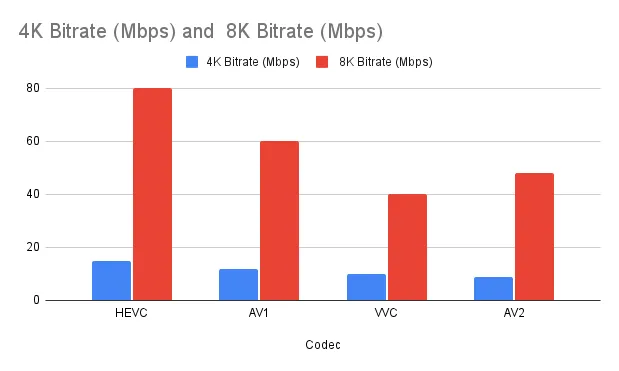d3athf1sh
[H]ard|Gawd
- Joined
- Dec 16, 2015
- Messages
- 1,248
Target Will Stop Selling Most DVDs Joining Best Buy Plans to Walk Away From DVD & Blu-rays
looks like they are phasing them out to completely discontinue instore AND online sales by 2025https://cordcuttersnews.com/target-...est-buy-plans-to-walk-away-from-dvd-blu-rays/
![[H]ard|Forum](/styles/hardforum/xenforo/logo_dark.png)
